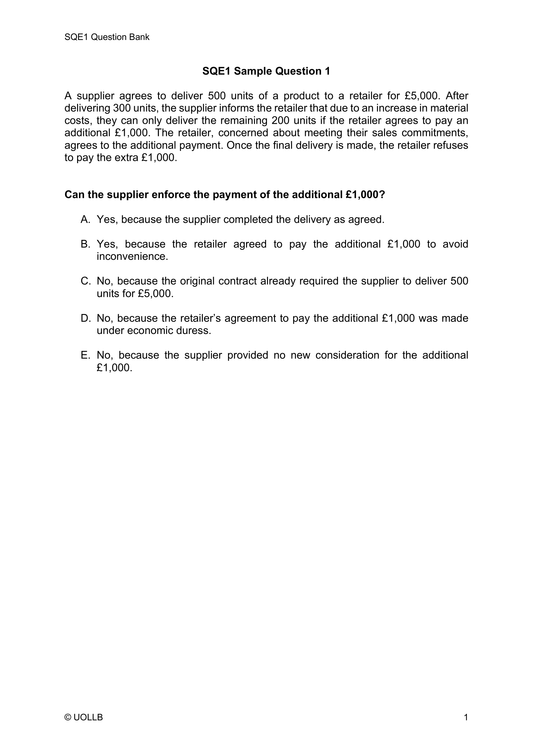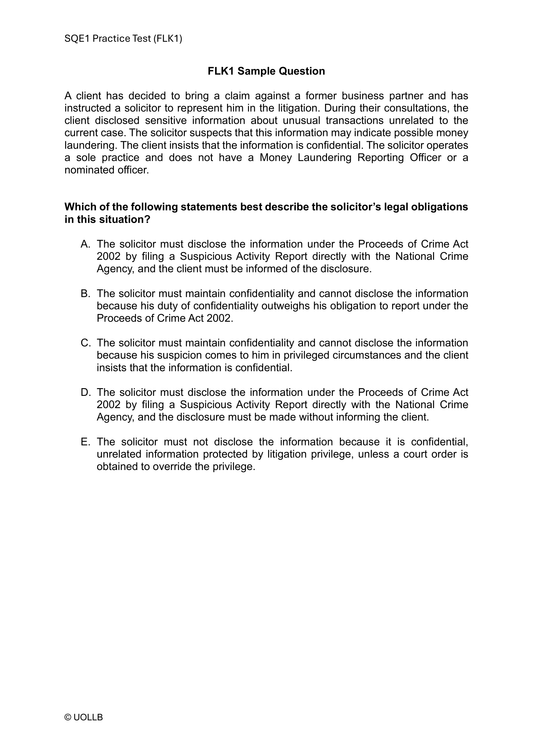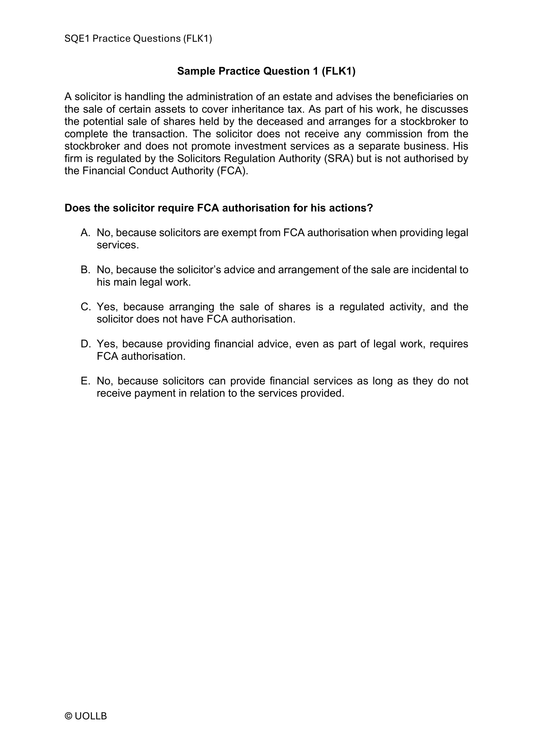Marxism in Criminology
Share
Marxism in criminology is a perspective that analyses crime and the criminal justice system through the lens of Marxist theory. Developed by Karl Marx and Friedrich Engels, Marxism is a socio-political theory that focuses on the relationship between social classes, the role of capitalism, and the dynamics of power and inequality in society.
Structural inequality: Marxist criminology views crime as a product of structural inequality inherent in capitalist societies. It argues that the capitalist economic system creates unequal distribution of wealth, resources, and opportunities, leading to social stratification and the marginalisation of certain social groups. Crime is seen as a response to these systemic inequalities and the social conditions they produce.
Class conflict: Marxism emphasises class conflict as a driving force in society. It posits that the ruling capitalist class seeks to maintain its power and control over resources, while the working class experiences exploitation and alienation. Crime is seen as a form of resistance or rebellion against the oppressive capitalist system, with the working class resorting to illegal means to address their economic and social grievances.
Law as a tool of repression: Marxist criminologists argue that the law and the criminal justice system serve the interests of the ruling class by maintaining social control and protecting private property. Laws are seen as reflections of the dominant class's values and are used to legitimise the existing social order. The criminal justice system is seen as an instrument of social control, disproportionately targeting marginalised groups and perpetuating social inequalities.
Capitalism and corporate crime: Marxist criminology also examines the concept of white-collar or corporate crime, which refers to illegal activities committed by individuals or corporations in positions of power and privilege. It argues that capitalist societies create conditions that enable and encourage corporate crime, such as exploitation of workers, environmental degradation, and financial fraud. Marxist criminologists critique the unequal treatment and leniency often afforded to corporate offenders compared to street-level offenders.
Transformative change: Marxist criminology calls for transformative social change, advocating for a socialist or communist society where the fundamental causes of crime, such as inequality and exploitation, can be addressed. It seeks to challenge the capitalist system and replace it with a more equitable and just social order.
Marxist criminology offers a critical perspective on crime, focusing on the socioeconomic factors and power dynamics that contribute to criminal behaviour and the functioning of the criminal justice system. It provides insights into the structural roots of crime and calls for a broader examination of social, economic, and political conditions to understand and address the issue of crime in society.
Structural inequality: Marxist criminology views crime as a product of structural inequality inherent in capitalist societies. It argues that the capitalist economic system creates unequal distribution of wealth, resources, and opportunities, leading to social stratification and the marginalisation of certain social groups. Crime is seen as a response to these systemic inequalities and the social conditions they produce.
Class conflict: Marxism emphasises class conflict as a driving force in society. It posits that the ruling capitalist class seeks to maintain its power and control over resources, while the working class experiences exploitation and alienation. Crime is seen as a form of resistance or rebellion against the oppressive capitalist system, with the working class resorting to illegal means to address their economic and social grievances.
Law as a tool of repression: Marxist criminologists argue that the law and the criminal justice system serve the interests of the ruling class by maintaining social control and protecting private property. Laws are seen as reflections of the dominant class's values and are used to legitimise the existing social order. The criminal justice system is seen as an instrument of social control, disproportionately targeting marginalised groups and perpetuating social inequalities.
Capitalism and corporate crime: Marxist criminology also examines the concept of white-collar or corporate crime, which refers to illegal activities committed by individuals or corporations in positions of power and privilege. It argues that capitalist societies create conditions that enable and encourage corporate crime, such as exploitation of workers, environmental degradation, and financial fraud. Marxist criminologists critique the unequal treatment and leniency often afforded to corporate offenders compared to street-level offenders.
Transformative change: Marxist criminology calls for transformative social change, advocating for a socialist or communist society where the fundamental causes of crime, such as inequality and exploitation, can be addressed. It seeks to challenge the capitalist system and replace it with a more equitable and just social order.
Marxist criminology offers a critical perspective on crime, focusing on the socioeconomic factors and power dynamics that contribute to criminal behaviour and the functioning of the criminal justice system. It provides insights into the structural roots of crime and calls for a broader examination of social, economic, and political conditions to understand and address the issue of crime in society.



























































